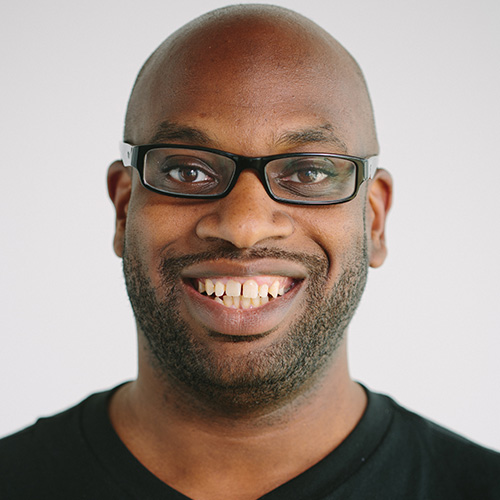According to a recent CNN/Time/Orc poll:
"79% of Americans are in favor of using facial recognition at various locations and public events, and 81% support expanded camera surveillance on streets and in public places."
Yet just a several weeks ago, 60 Minutes cautioned the public against facial recognition technology as it poses a threat to individual privacy. So, is the transition to facial recognition as a means of identification a welcome one or not?
If one were only to focus on market indicators, the answer would be "yes". According to a report published by MarketsandMarkets on the global facial recognition market, it is expected to grow from its current $1.92 billion to $6.5 billion by 2018. This is largely due to the growing opportunities for facial recognition to create solutions in the arenas of surveillance, consumer electronics and cloud services. Moreover, facial recognition technology has only become more accurate and cost-effective over time.
Beyond science fiction
Yet a welcomed transition requires more than an open door of opportunity, and if facial recognition continues to be pigeon-holed to commercial eavesdropping, the consumer will hardly welcome it. However, it's increasing acceptance in the financial sector shows that this technology has much more to offer than actualizing a "Minority Report" version of reality; it can provide personal security from fraud.
People First
Here at Kairos, we believe in using facial recognition that empowers the end user and works to eliminate fraud. We may not cover the uses that are propagandized in the media, but they are the ones that address the concerns of the user. Am I being paid fairly? Is fraudulent behavior being condoned in my workplace?
Today, I was reviewing the financial data analysis concerning the employee labor statistics of a prospective client who had tested the Kairos TimeClock versus their current time clock. In the data you can see patterns in behavior, employees that consistently clock-in more time and those that consistently clock-in less. While the redistribution of salary would result in net savings for the employer, it would also result in fair pay for all employees
New, Evolving Standards
Industry-disrupting technologies bring both excitement and concern. New standards must be created and conventions observed. We welcome the opportunity to contribute to the molding of these norms in order to address the concerns, wants and needs of our users.

Brian Brackeen
Brian is the CEO at Kairos, a Human Analytics startup that radically changes how companies understand people.